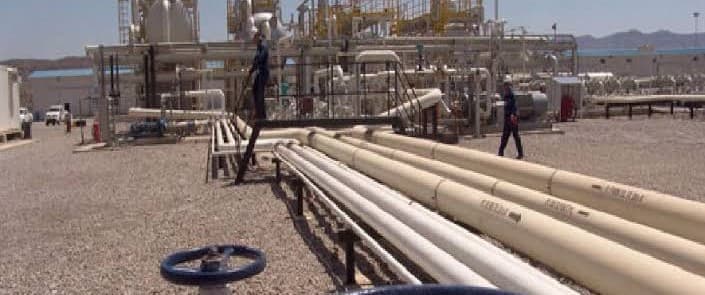The United States and the United Kingdom are intensifying efforts to secure a strategic foothold in Syria and Libya, amid Russia’s preoccupation with Ukraine. Both nations previously played pivotal roles in the ousting of long-term leaders, with the U.S. and U.K. supporting the removal of Muammar Gaddafi in Libya in 2011 and Bashar al-Assad in Syria in 2024. Recent actions indicate a concerted push to stabilize these regions economically, thereby limiting the influence of rival powers like Russia and China while fostering a favorable environment for international investments.
In early July, the U.S. lifted sanctions on Syria’s Ministry of Oil and Mineral Resources, the General Authority for Maritime Transport, and key refineries. This followed the removal of broader sanctions that had previously restricted the importation of Syrian oil into the U.S. These measures are part of a strategy to rejuvenate Syria’s oil and gas sector, which once produced approximately 400,000 barrels per day before the civil war began in March 2011. The aim is to promote a “stable, unified and peaceful” economy, thus preventing mass migration to Europe and encouraging local prosperity.
Prior to the civil war, Syria was a significant oil exporter, generating over USD 3 billion in annual oil sales to Europe. Major European refiners relied on Syrian crude, particularly the heavier ‘Souedie’ and lighter ‘Syrian Light’ grades, with countries like Germany, Italy, and France being major importers. The lifting of sanctions signals a potential revival of these trade routes and the involvement of international companies that previously operated in Syria, including Shell and Total.
Renewed Economic Engagement in Libya
Similar developments are unfolding in Libya, where British firms have recently taken the lead in revitalizing the oil sector. Libya, which produced around 1.65 million barrels per day of high-quality crude prior to Gaddafi’s ousting, has significant untapped reserves, estimated at 48 billion barrels. In July, BP signed a memorandum of understanding with Libya’s National Oil Corporation (NOC) to explore redevelopment opportunities in key oil fields.
In addition, Shell is focused on the potential development of the Atshan oil field. The U.S. has also expressed strong interest in Libya’s energy sector, evidenced by a recent cooperation agreement involving Mellitah Oil and Gas and U.S. construction consulting firm Hill International, aimed at enhancing Libya’s gas output.
The geopolitical landscape in Libya is complicated by the presence of General Khalifa Haftar, the commander of the Libyan National Army, who has maintained ties with Russia. Haftar’s discussions with Vladimir Putin indicate ongoing Russian interest in the region, despite the challenges presented by Libya’s fragmented political landscape.
U.S. companies, including Baker Hughes and Hunt Energy, are poised to take a leading role in revitalizing Syria’s energy sector in partnership with local firms. According to a senior source in the European Union’s security sector, these initial efforts will focus on oil-producing areas controlled by the new Syrian government, with European firms expected to follow once foundational work is underway.
The recent strategic moves by the U.S. and U.K. in both Syria and Libya highlight a calculated approach to strengthen their influence in the Middle East and North Africa. By fostering economic stability and promoting energy production, Washington and London aim to limit the opportunities for Russia and China to expand their geopolitical reach in these critical regions.
As these initiatives unfold, the implications for regional stability and international energy markets will be closely monitored, shaping the future dynamics of both countries involved.
